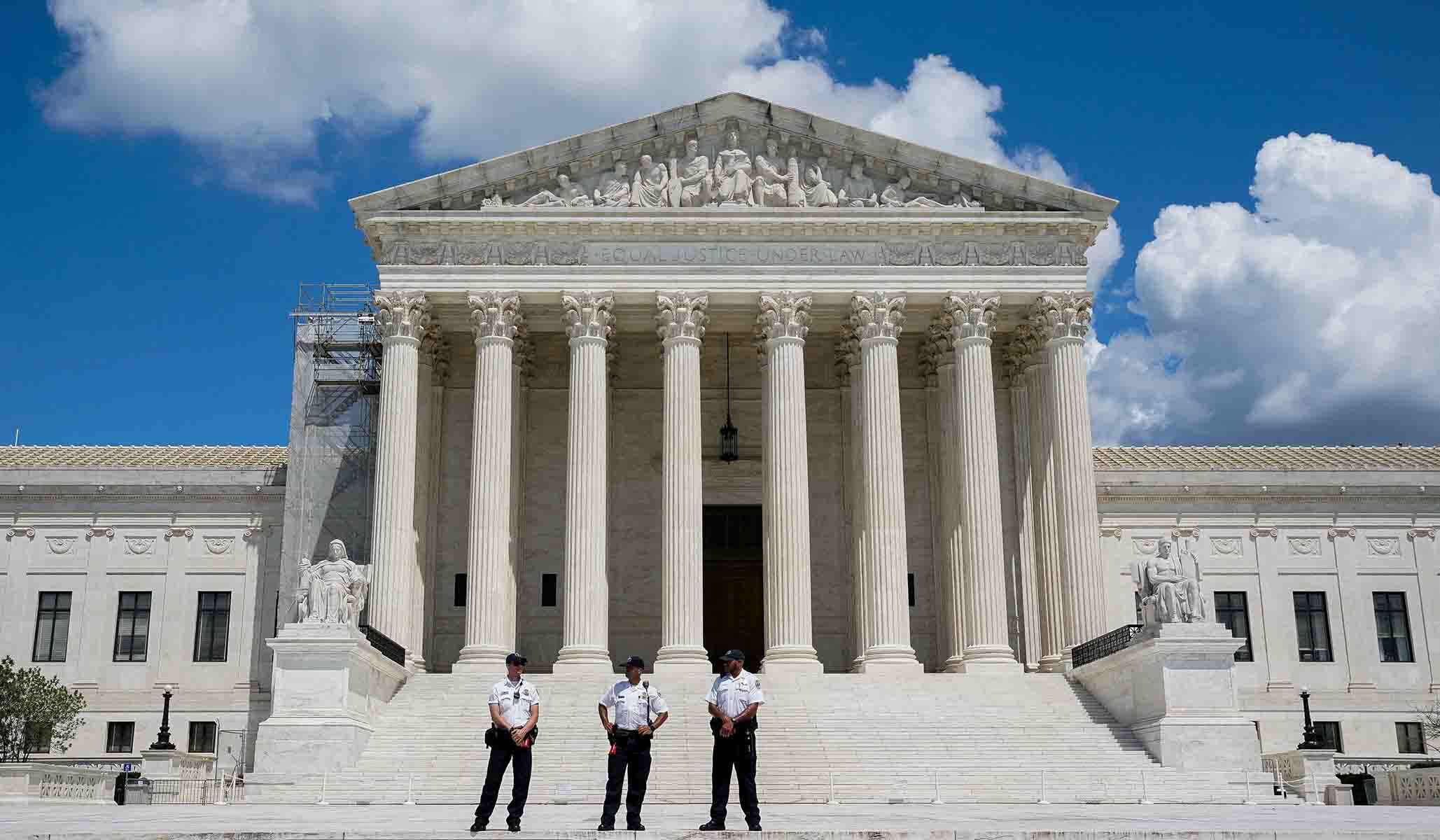Article on the Culley v Marshall case that recently got announced by SCOTUS. The Gorsuch concurrence hints that a 5-4 majority of the court might want to reel in the practice of civil asset forfeiture.
Direct link to the concurrence [here]
But in future cases, with the benefit of full briefing, I hope we might begin the task of assessing how well the profound changes in civil forfeiture practices we have witnessed in recent decades comport with the Constitution’s enduring guarantee that “[n]o person shall . . . be deprived of life, liberty, or property, without due process of law.”


Gorsuch is the one that, in at least one case, Obergefell vs Hodges, was honest in his textual approach. The law said on account of sex and he ruled based on that.
No idea his record on other things, and it’s probably not as good anywhere he can willfully misinterpret more easily, but at least in that case the text was so unambiguous he could rule no other way.
So civil asset forfeiture may well be another one like that, where the text is unambiguous enough he can’t rule differently because he actually has a line he won’t cross when it comes to completely ignoring the straightforward meaning of the law.
I’m more surprised at Thomas, while also being utterly unsurprised that the ‘liberal’ justice isn’t against it in all forms.
I can see Thomas feeling this way. From an originalist POV it could be viewed as expansion of a minor exception to limit the original meaning of the Bill of Rights beyond what it originally meant. He’d probably still support it in the original context of smugglers abandoning ships full of untaxed cargo.